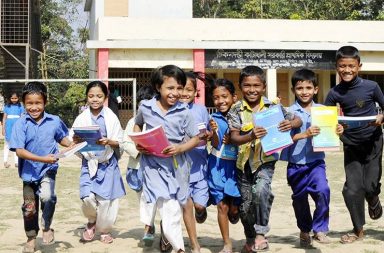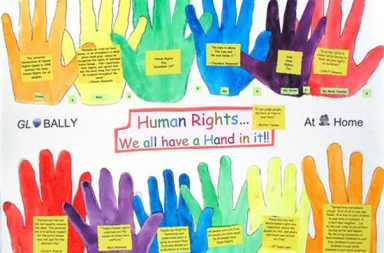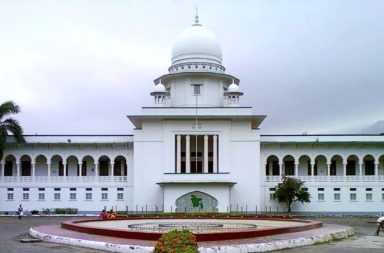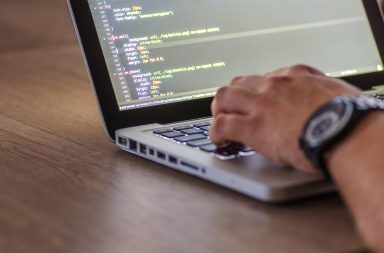By Abdur Razzak[1]
If law is to translate social justice into reality, it must be preconditioned by empowerment of the poor and the disadvantaged section of the society. In order to empower people, law must be destined to enable a community or group of people to gain control over the forces which affect their lives. Both Marx and Lenin made a rather cynical view of law that law is a means of oppression. They argued that it serves to materialize the wishes of the rich and protect their class interest. This proposition creates a paradox when viewed through the lens of the present world perspective, for it is the poor who need the protection of law most. However, in hindsight, Lenin and Marx seem to have projected a fairly practical scenario. In practice, law is invariably seen to take the side of the rich.
Now the question is how to challenge this status quo? How can we make our laws pro-poor? And who would be the catalyst to spear head such a daunting task? Well, the answer is probably well known to many of us. It is us, the law students, who can play the most potential and substantive role in this venture. For this to happen, law students must be endowed with the necessary skills and techniques to make their legal knowledge socially relevant and responsive. The idea of socially relevant legal education ushers in people-friendly laws, rule of law and underpins access to justice. However, this idea seems somewhat alien to our existing framework of legal education which is devoid of real life experiences and plagued with unnecessarily complicated technicalities. Our present set up of legal education merely teaches us to limit ourselves only within the black letters of law, we barely find scope to learn and apply it with socio-humane touch.
Therefore, the present pessimistic approach of lawyering is a direct consequence of our archaic and reactionary legal education that badly requires a paradigm-shift. Unless the law students are directed to understand and feel the agony of deprivations of millions of people living in a situation of unimaginable sufferings and indignity, lawyering for them would just become an income-generating machine. In an effort to make a fundamental departure from the way lawyering is perceived by the society and to produce graduates who will strive to empower the indigent and marginalized communities, Professor Dr. Mizanur Rahman, a luminary in the sphere of legal and human rights education in Bangladesh and a Professor of Law at the University of Dhaka, introduced the concept of Community Law Reform (CLR) program.
CLR is a socio-legal research oriented follow up program of Human Rights Summer School (HRSS) which is a regional forum for law schools to create potential leaders in human rights movement. Under the stewardship of Professor Dr. Mizanur Rahman, CLR program is carried out by a human rights and legal aid organization named Empowerment through Law of the Common People (ELCOP). CLR researchers are law students selected from among the summer school participants every year at the end of the same residential school. Researchers undergo an extensive and rigorous training on fundamentals of research before they begin their field work. CLR produces numbers of potential community leaders annually by way of training and dissemination of information. It publishes at least one research paper depicting the overall scenario of a specific community every year. The main objective of CLR is to use and apply the potentials of the law students to organize the poor and the marginalized communities in a manner that they can protect and promote their rights themselves.
The CLR enables the law students, the would-be lawyers, to go to the community, live with the community members, share their grief and agony, identify the community leaders and subsequently train them to raise their voice against injustices and discriminatory legal system. Students undertake to study the nitty-gritty of their legal and non-legal problems and provide suggestions for possible law reforms and put forward recommendations through extensive research on how to remedy their grievances and improve their standard of living by bringing them alongside the mainstream population. By working close to the ground, students get the opportunity to come to terms with the real life concerns and human rights situations of the community in question. This unique and clinical method of working with the community people prepares the legal minds as a potential rebellious human rights lawyer as opposed to a conventional litigating lawyer. Rebellious human rights lawyers, as propounded by Professor Dr. Mizanur Rahman, seek to embrace the belief that “lawyering with the poor is lawyering for justice”. In this way CLR epitomizes the idea of making the legal education socially relevant and real-life oriented.
________________________
[1] Abdur Razzak is a Faculty member of Law at Bangladesh University of Professionals (BUP). He holds an LLM from Jagannath University, and has volunteered as one of the CLR researchers at ELCOP. He can be reached at: razib4law@gmail.com.



